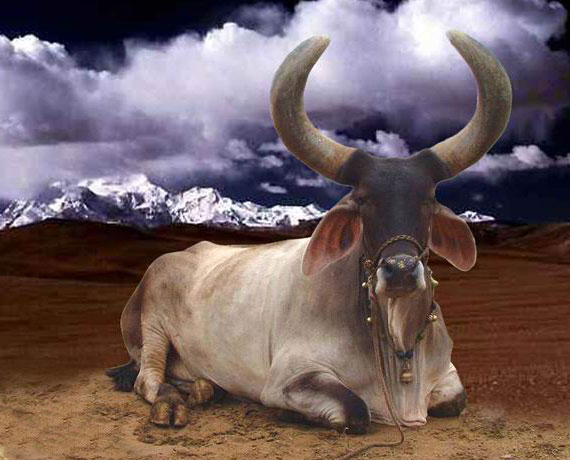Advaita in Practical Life

What is Advaita-vaad in a very practical sense? It is the ability to know that which is common in all things. A gold-maker does not see bangles, or necklaces or ear-rings. He sees only gold. He will look at them and say 2-bhori, 1-bhori and 3-bhori on inspection. He has developed through training the ability find out the essence, which is gold in his field. Similarly a doctor is able to find out the root cause of a disease from symptoms. And so on. Better still are those people who can abstract out the essence from multiple domains of knowledge, and re-use and re-contextualize that knowledge in a different field. Extracting the essence is the path of Advaita-vaad. There is a difference between knowing something and becoming one with the knowledge. Advaita teaches us how to relate to knowledge, rather than simply knowing. This can be achieved through bhakti, karma and gyana margas simultaneously. Through repetition and sadhana, over time one develops the ability to visualize the ess...

